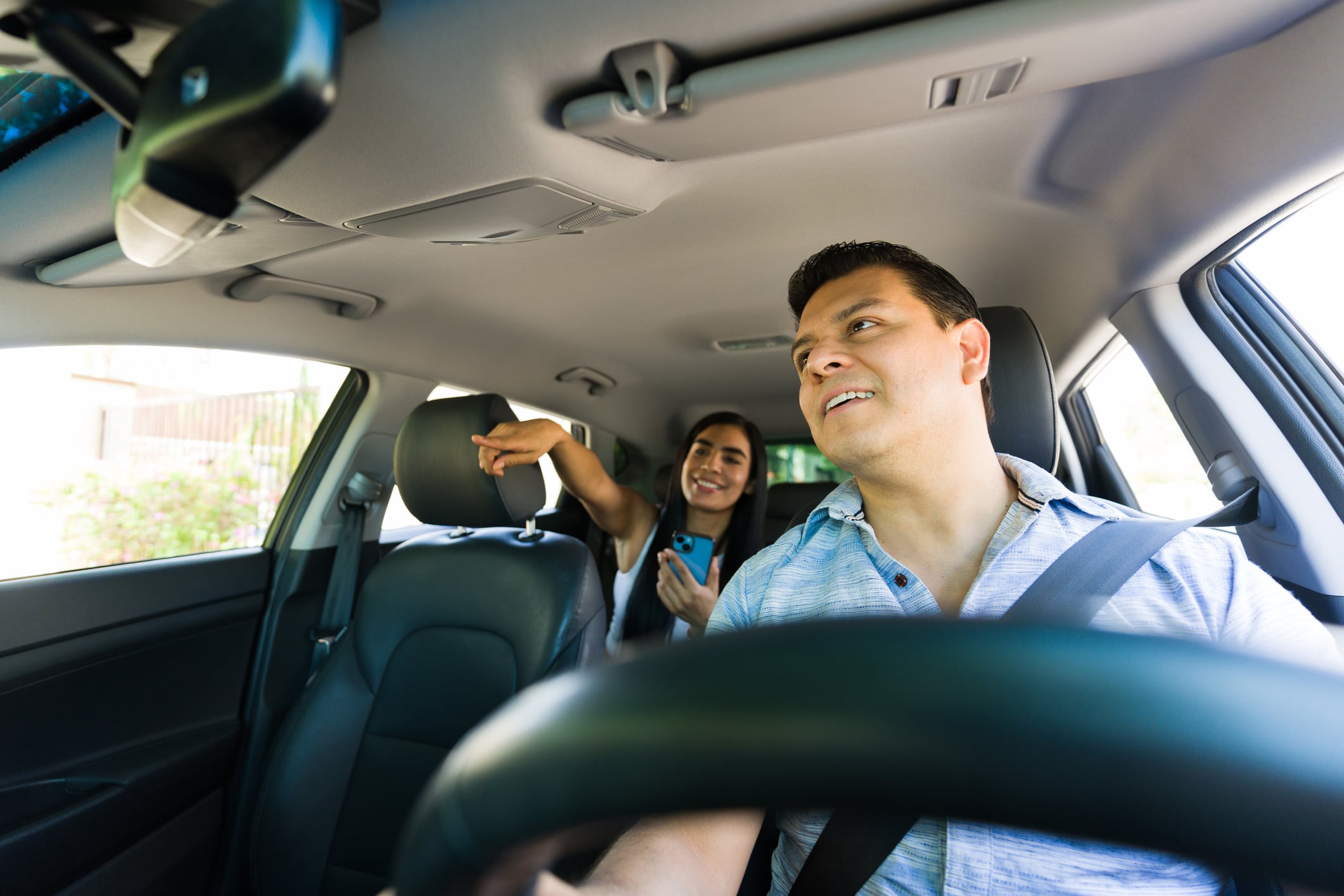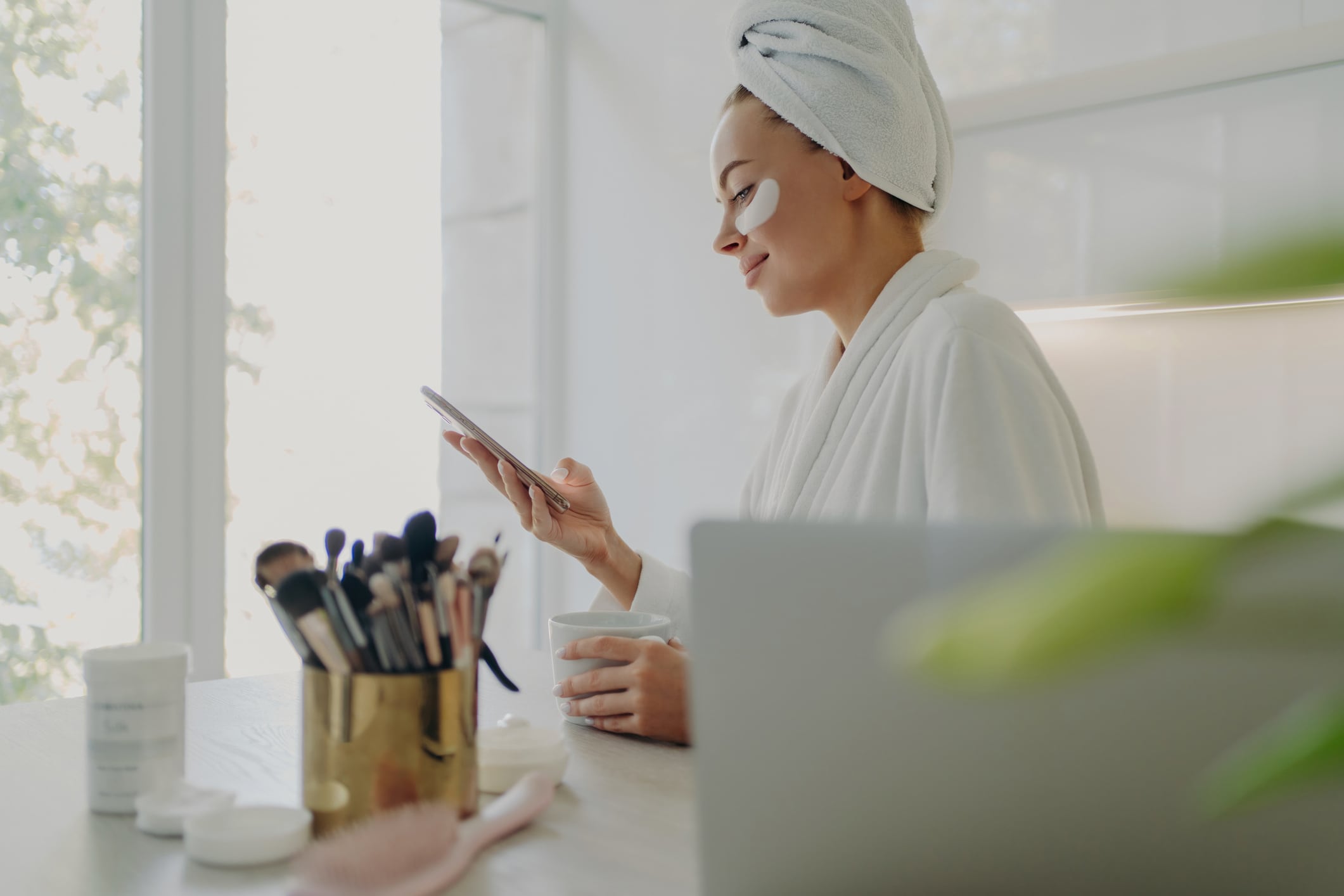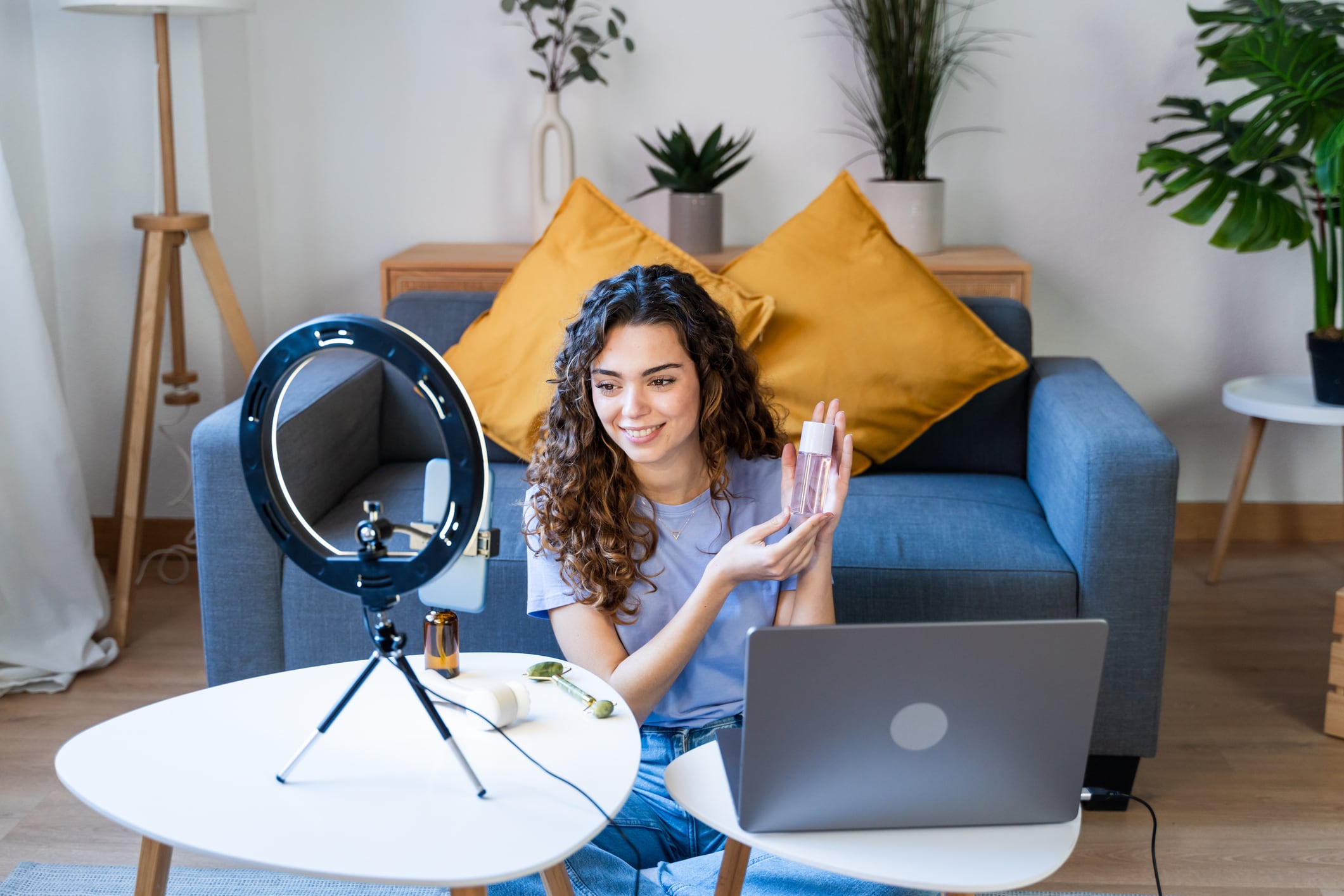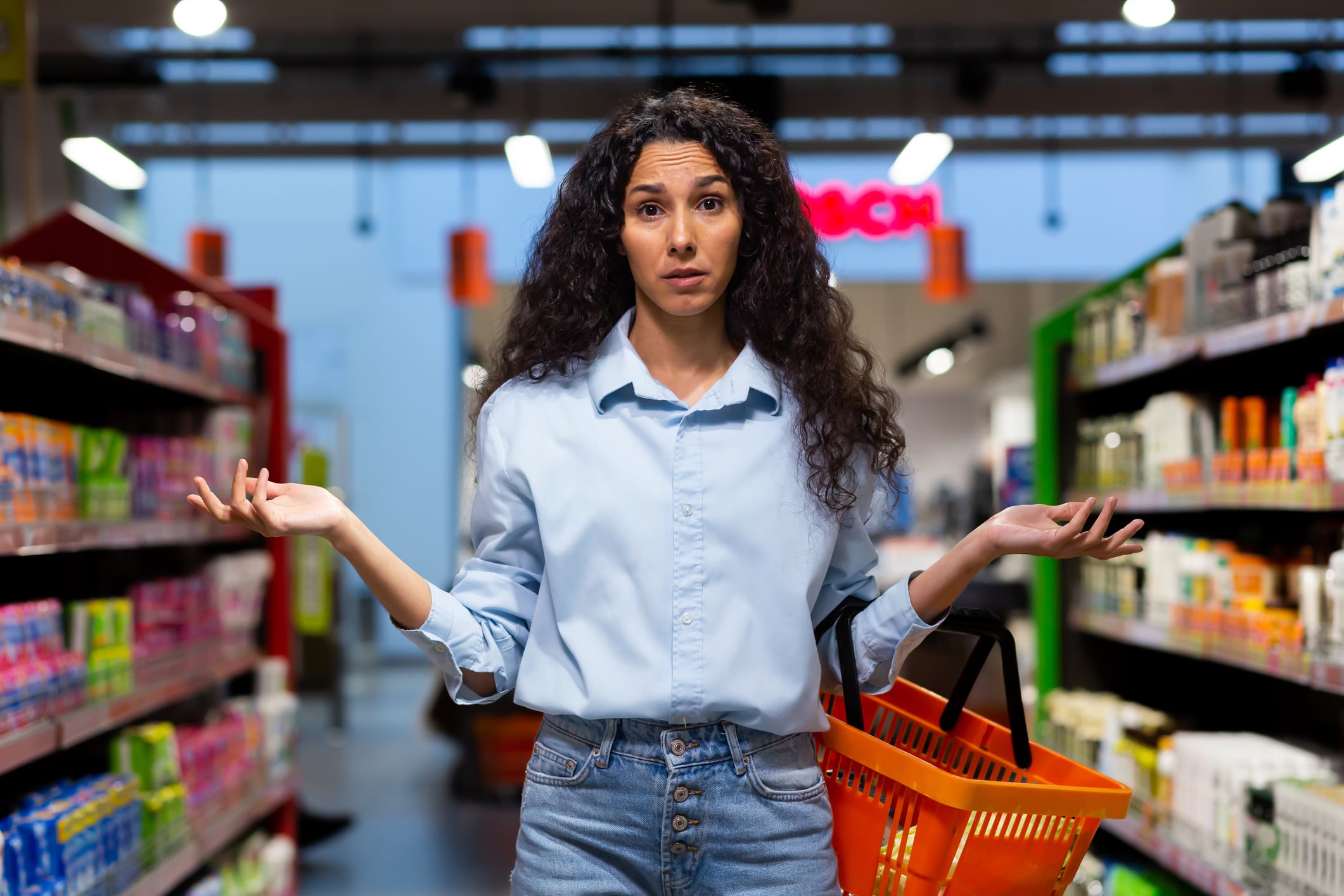Developed in partnership with Lyft Media, the initiative provided ride credits to select Sephora stores across five U.S. cities, and highlighted the enduring relevance of in-person shopping for beauty consumers.
Campaign overview
According to Sephora’s press release, the three-day activation offered “$20 off rides to Sephora locations across the US to celebrate its expert-driven beauty experience.” The program is part of the retailer’s broader ‘Get Beauty from People Who Get Beauty’ campaign, which emphasizes personalized, expert guidance.
In addition to ride credits through Lyft, the campaign featured Sephora-branded vehicle wraps and in-store experiences, including personalized skin scans, product sampling, and discounts on purchases. Participating cities included New York City, Los Angeles, San Francisco, Chicago, and Seattle.
“We know that people today highly value in-person experiences when they’re shopping for prestige beauty,” said Zena Arnold, chief marketing officer, Sephora U.S., in the company’s press release. “They’re looking for human connection and an expert-guided shopping journey, unique to their needs and goals,” Arnold continued.
Suzie Reider, EVP of Lyft Media and Business, added, “People love to shop, and about 80% of all U.S. retail purchases still happen in brick-and-mortar stores.” Therefore, Reider explained, “at Lyft, we want to connect people with the places they love, and our partnership with Sephora really leans into that.”
The campaign also included collaboration with agency partners Digitas and Le Truc from Publicis Groupe.
Expert weighs in on ‘phygital’ retail
From an industry perspective, Sephora’s campaign can be viewed as part of a broader shift toward interconnected, experience-driven retail strategies.
“An omnichannel shopping experience is no longer a differentiator, it’s the baseline,” Eleonora Mazzilli, trend localization & business development director, North America, told CosmeticsDesign US. “Today’s consumers, especially younger buyers raised in a highly connected digital world expect brands and retailers to deliver seamless, engaging experiences across every touchpoint,” she explained.
Mazzilli noted that digital and physical retail are no longer in opposition, but are increasingly blended through what she characterized as ‘phygital’ strategies. “While online shopping offers speed, convenience, and comfort, brick-and-mortar retail still delivers unmatched sensory and human value,” she said. “The ability to see, touch, test, and receive personalized, in-the-moment guidance is still a key differentiator.”
She subsequently pointed to Sephora’s initiative as a case study in redefining the role of physical retail. “Sephora’s ‘Delivered to Beauty’ campaign captures this shift,” she stated, as it ”reframes physical retail not as a legacy format, but as a strategic stage for emotional connection and immersive brand storytelling.”
Mazzilli also noted the rising significance of cross-sector partnerships in expanding brand ecosystems.
She continued, “by partnering with Lyft, Sephora expands the idea of where and how beauty is experienced, signaling a broader trend toward cross-industry experiential ecosystems where beauty intersects with mobility, media and lifestyle.”





